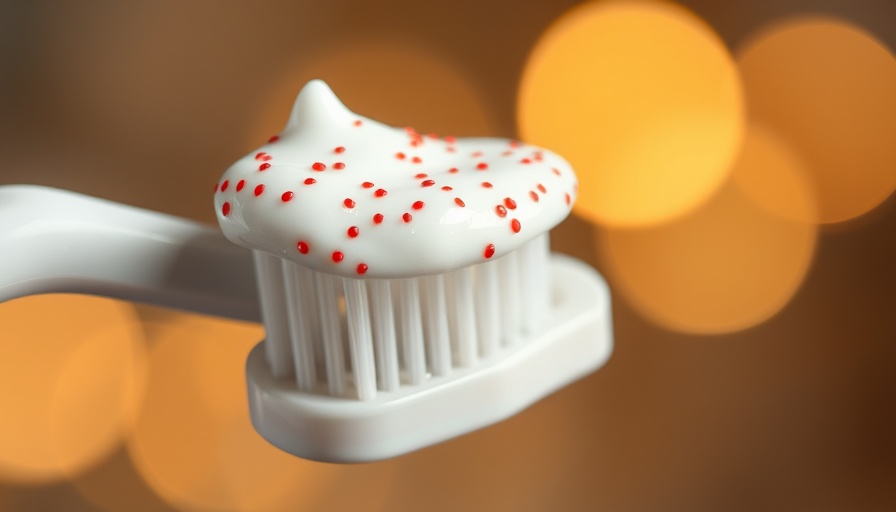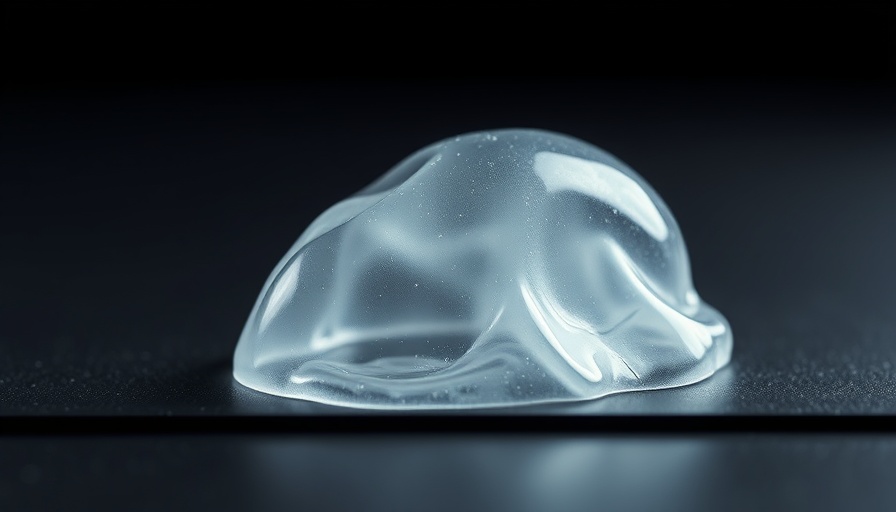
Understanding Chipped Teeth: What You Need to Know
A chipped front tooth can be more than just a cosmetic concern; it can impact your oral health and self-esteem. In recent discussions, dental professionals have emphasized not only the aesthetic implications but also the possible underlying issues that could arise from such dental injuries. A chipped tooth often raises questions about repair, long-term maintenance, and the immediate steps one should take to prevent further damage.
In dental hygienist’s opinion on a chipped front tooth #shorts, the discussion highlights essential insights regarding dental injuries and their impact, leading to a deeper exploration in this article.
The Immediate Response: What to Do When You Chip a Tooth
If you find yourself with a chipped front tooth, the first step is to assess the situation. Avoid using the affected tooth for biting or chewing. Rinse your mouth with warm water and apply a cold compress to reduce swelling. Most importantly, seek dental attention as soon as possible for a thorough examination. Your dentist can determine the extent of the damage and suggest effective solutions such as dental bonding, crowns, or even veneers, depending on the severity of the chip.
The Long-Term Impacts of an Unresolved Chipped Tooth
Ignoring a chipped tooth may lead to more severe dental problems, such as decay or sensitivity. When a tooth is chipped, the enamel is compromised, exposing the sensitive dentin underneath. Over time, this can lead to increased sensitivity to temperature changes or sweet foods, and, potentially, infections. Dentists recommend timely intervention not only to protect your dental health but also to restore your smile effectively.
Exploring Treatment Options for Chipped Teeth
There are several treatment options available for fixing a chipped front tooth, each tailored to the specific situation. Common procedures include:
Dental Bonding: A tooth-colored resin is applied and molded to restore the tooth's shape. This is often a quick and cost-effective solution.
Porcelain Veneers: This method involves placing thin shells over the tooth to enhance its appearance and protect the underlying structure.
Crowns: For significantly chipped teeth, a crown may be required to securely encase the tooth, providing strength and durability.
Each of these options has its benefits and limitations, so consulting a dentist is critical in choosing the best approach for your situation.
The Emotional and Psychological Aspect of Dental Health
Chipping a front tooth can lead to emotional distress for many individuals. The front teeth are crucial for one’s smile, and losing confidence due to dental imperfections can affect both personal and professional interactions. Understanding that this is a common issue—and that effective solutions exist—can alleviate some of that stress. Engaging with a dentist who actively listens and provides compassionate care can further ease apprehensions about treatment.
Preventive Measures and Lifestyle Changes
To minimize the chances of chipping a tooth in the future, consider making small lifestyle adjustments. This can include wearing a mouthguard during sports, avoiding overly hard foods that can strain your enamel, and maintaining regular dental check-ups. Early detection of wear and potential weaknesses can prevent unfortunate incidents down the line.
Final Thoughts on Dental Care and Proactive Steps
The journey of dental health is ongoing, and awareness is key. Videos like the one discussed in dental hygienist’s opinion on a chipped front tooth #shorts provide valuable insight into managing dental injuries effectively. By seeking professional help and understanding the implications of dental health, you can ensure a beautiful smile and secure oral wellness for years to come.
Don’t wait until an issue arises; take proactive steps in managing your dental health today!
 Add Row
Add Row  Add
Add 




Write A Comment